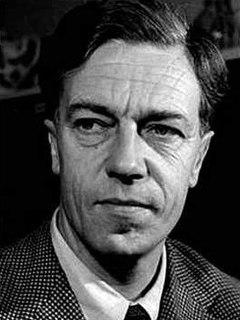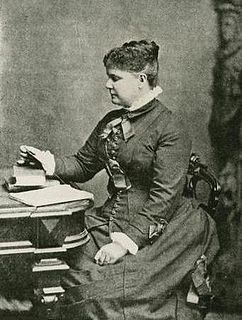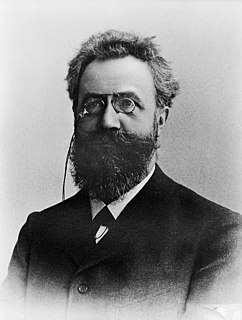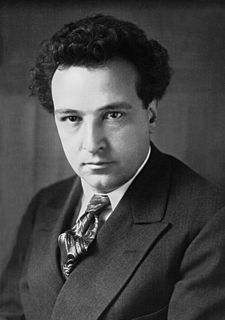A Quote by William Kingdon Clifford
There is no scientific discoverer, no poet, no painter, no musician, who will not tell you that he found ready made his discovery or poem or picture - that it came to him from outside, and that he did not consciously create it from within.
Related Quotes
It is unwise to equate scientific activity with what we call reason, poetic activity with what we call imagination. Without the imaginative leap from facts to generalisation, no theoretic discovery in science is made. The poet, on the other hand, must not imagine but reason--that is to say, he must exercise a great deal of consciously directed thought in the selection and rejection of his data: there is a technical logic, a poetic reasoning in his choice of the words, rhythms and images by which a poem's coherence is achieved.
Scientific discovery is a private event, and the delight that accompanies it, or the despair of finding it illusory, does not travel. One scientist may get great satisfaction from another's work and admire it deeply; it may give him great intellectual pleasure; but it gives him no sense of participation in the discovery, it does not carry him away, and his appreciation of it does not depend on his being carried away. If it were otherwise the inspirational origin of scientific discovery would never have been in doubt.
I know that in a poem, even when the speaker is speaking from the poet's experience, there's always something that's borrowed, some authority that sits outside of the poet that the poem has claimed. There's a dramatic pitch that makes the speaker capable of saying something more courageous or stranger or simply other than what the poet would be able to say.
As long as anyone believes that his ideal and purpose is outside him, that it is above the clouds, in the past or in the future, he will go outside himself and seek fulfillment where it cannot be found. He will look for solutions and answers at every point except where they can be found- in himself.
I dream of a collaboration that will become so complete that, often, the poet will think as musician and the musician as poet, so that the work resulting from this union will not be the random conclusion of a series of approximations and concessions, but the harmonious synthesis of two aspects of the same thought.
The mockery made him feel an outsider; and feeling an outsider he behaved like one, which increased the prejudice against him and intensified the contempt and hostility aroused by his physical defects. Which in turn increased his sense of being alien and alone. A chronic fear of being slighted made him avoid his equals, made him stand, where his inferiors were concerned, self-consciously on his dignity.






































